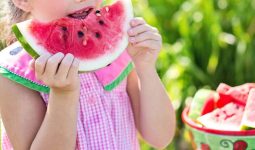When they’re pregnant, one of the first things people understand is what they can’t eat. If you are a big fan of sushi, coffee, or rare steak, it can be a real bummer.
Fortunately, there’s more than you can consume than those you can’t. All you have to do is learn how to handle the water (the low mercury waters, that is). In order to remain safe, you will want to pay careful attention to what you eat and drink.
Some foods can only be eaten infrequently, while others should be avoided altogether. Here are 11 foods and drinks to be avoided or reduced during pregnancy.
1. High in mercury fish
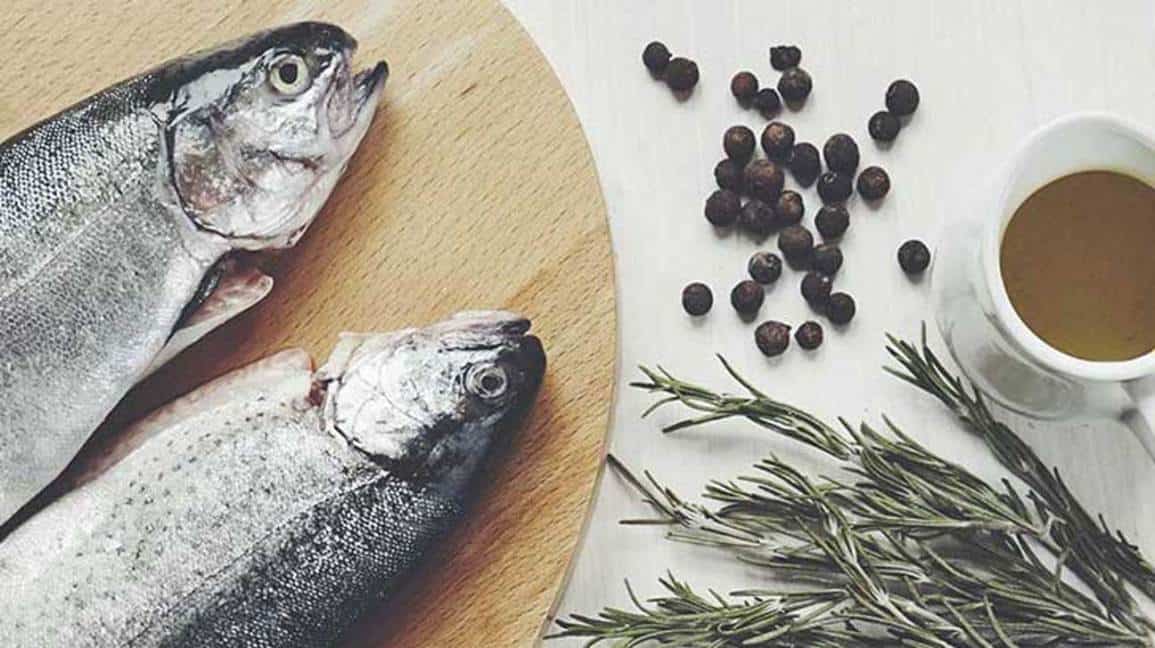
A highly toxic element is mercury. There is no known safe level of exposure, and it is most commonly found in contaminated water.
At higher levels, the nervous system, immune system, and kidneys can be harmful. In infants, it can also cause severe developmental disorders, although in smaller quantities, with harmful effects.
Large marine fish can accumulate high concentrations of mercury because it is found in polluted waters. It is also best to avoid fish with high mercury during pregnancy and breastfeeding.
Fish High in mercury that you would like to avoid includes the following:
- Tilefish from the Gulf of Mexico
- Swordfish
- Tuna (especially bigeye tuna)
- Marlin
- Shark
- Orange roughy
- King Mackerel
It’s important to remember, however, that not all fish, only some kinds, are high in mercury.
It is very safe to consume low-mercury fish during pregnancy, and these fish can be consumed up to three times a week, according to the Food and Drug Administration (FDA).
Fish with low mercury are abundant and include:
- Anchovies
- Tilapia
- Haddock
- Salmon
- Trout (freshwater)
- Cod
- Flounder
Fatty fish rich in omega 3 fatty acids like salmon and anchovies are especially good options and are important for your baby.
2. Undercooked or raw fish
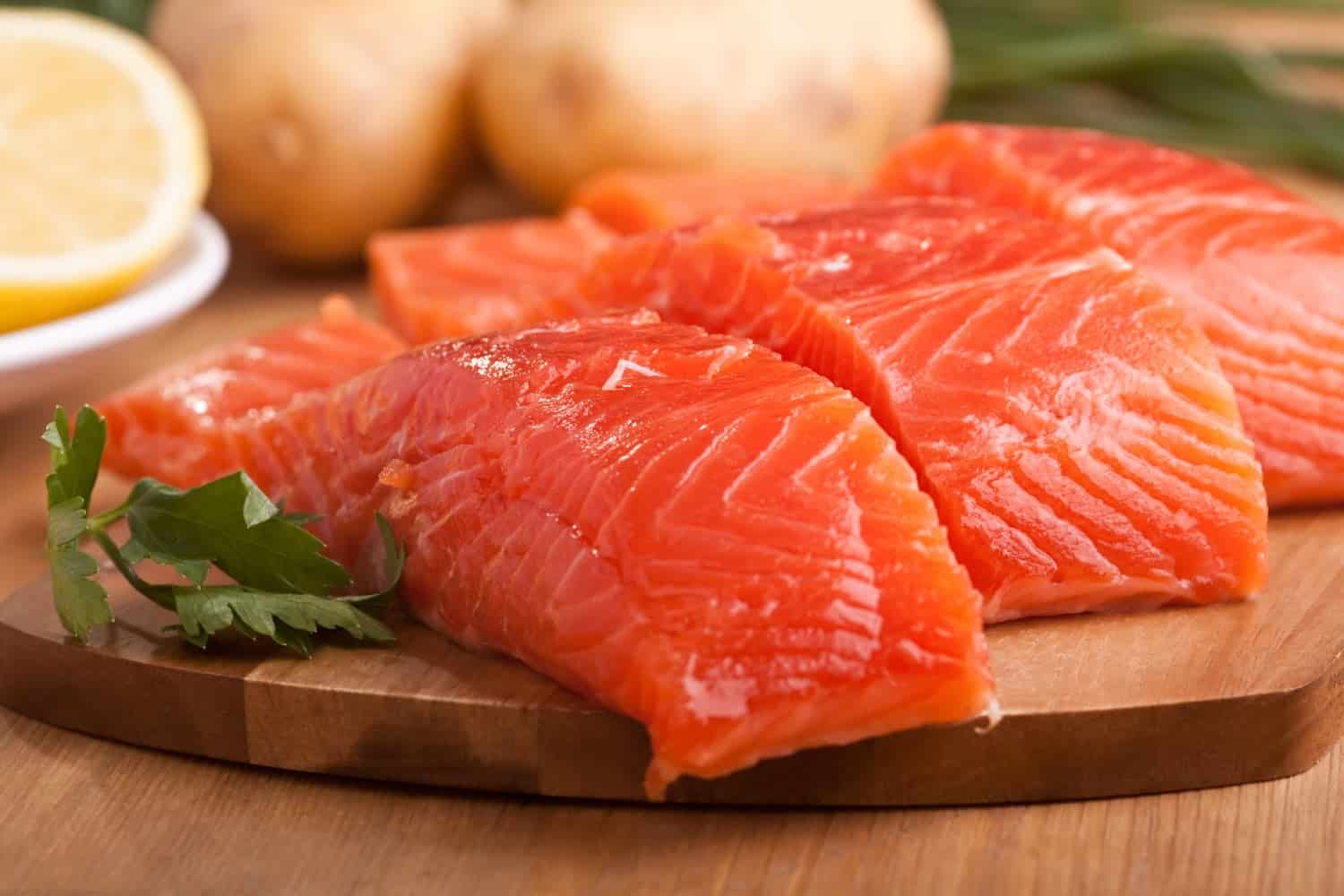
For you sushi lovers, this one is going to be difficult, but it’s a significant one. Several infections can be caused by raw fish, especially shellfish. There may be pathogens, such as norovirus, Vibrio, Salmonella, and Listeria, that are infectious, bacterial, or parasitic.
Some of these diseases, causing dehydration and fatigue, can only affect you. With severe or even fatal consequences, other infections can be passed on to your infant.
Pregnant women are highly vulnerable to the infection of listeria. In fact, pregnant women are up to 10 times more likely than the general population to get infected with Listeria, according to the Centers for Disease Control and Prevention (CDC). Pregnant Hispanic women are at risk 24 times more.
This bacteria can be found in soil and infected with water or plants. During processing, including smoking or drying, raw fish may become contaminated.
Listeria bacteria will move through the placenta to your infant, even though you don’t show any signs of illness.
It’s advised to not eat raw fish and shellfish, including a lot of sushi dishes. But don’t worry, it is safe for you to resume enjoying them after the baby is born.
3. Undercooked, raw, and processed meat
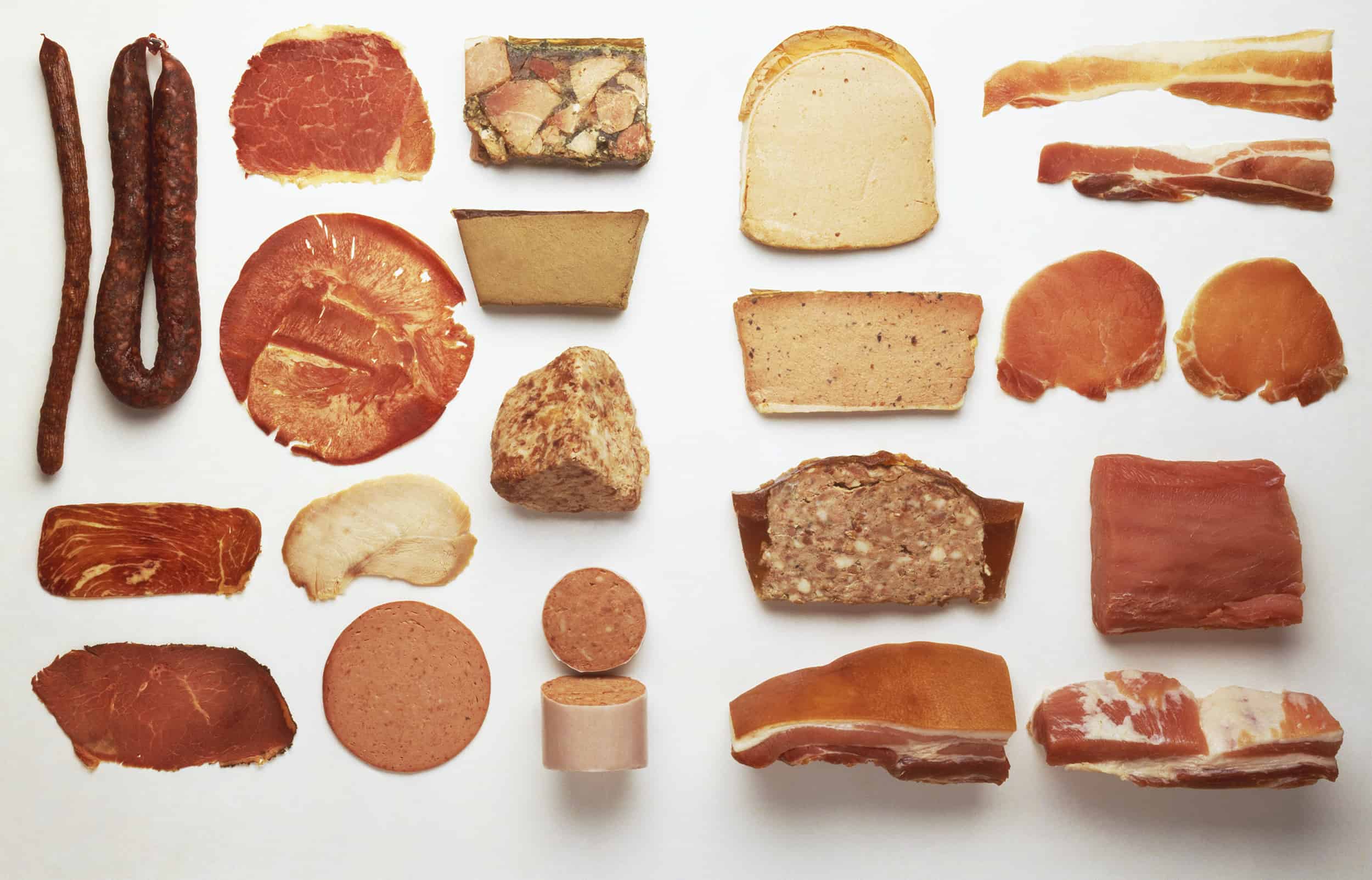
Some of the same raw fish problems affect undercooked seafood, too. Your risk of infection from many bacteria or parasites, like Toxoplasma, E, is increased by consuming undercooked or raw meat. Listeria, E.coli and Salmonella.
Your little one’s health may be threatened by bacteria, possibly leading to stillbirth or serious neurological diseases, including epilepsy, blindness and mental disability.
Although bacteria are mostly found on the surface of the entire meat, inside the muscle fibres, other bacteria may persist.
Some whole cuts of meat, such as beef, tenderloin and veal tenderloins, sirloins, or ribeye. It might be safe to consume when not cooked thoroughly. This only applies, however when the piece of meat is whole or uncut, and cooked on the outside entirely.
Cut meat can never be eaten raw or undercooked, like meat patties, burgers, minced meat, pork, and poultry. So keep those burgers well done for now on the grill.
Also of interest are hot dogs, lunch meat, and deli meat, which is sometimes shocking to pregnant individuals. During, handling, processing and storage, these types of meat can become contaminated with different bacteria.
Unless they’ve been cooked until steaming hot, pregnant women should not consume processed meat products.
4. Raw eggs

Salmonella bacteria can contaminate raw eggs. Salmonella infection signs include fever, nausea, vomiting, cramps in the stomach, and diarrhoea.
However, the infection may cause cramps in the uterus in rare cases, leading to premature birth or stillbirth.
Foods which frequently contain raw eggs include:
- Eggs that are lightly scrambled
- Eggs that are poached
- hollandaise sauce
- Made-in-home mayonnaise
- Any homemade dressings for a salad
- Made-in-home ice cream
- Homemade icing for the cake
The majority of commercial items containing raw eggs are made from pasteurised eggs and are healthy to eat. You should always read the label, though to ensure that.
Make sure to use pasteurised eggs or to cook eggs thoroughly in order to be on the safe side. Until after the baby makes his debut, save those super runny yolks and homemade mayo.
5. Organ meat

Organ meat is an excellent source of a range of nutrients. These include copper, vitamin B12, vitamin A, iron, zinc, and selenium, which are all good for you and your kids.
Eating too much animal-based vitamin A (preformed vitamin A) during pregnancy, however, is not recommended.
Consumption of too much vitamin A, especially during the first trimester of pregnancy can lead to congenital malformations and miscarriage.
While this is mostly associated with vitamin A supplements by Reliable Source, it is best to keep your intake of organ meats such as liver once a week to just a few ounces.
6. Caffeine

You may be one of the millions of people who enjoy coffee, tea, soft drinks, or cocoa for their everyday cups. When it comes to our love of caffeine, you’re certainly not alone.
According to the American College of Obstetricians and Gynecologists, pregnant people are usually advised to restrict their consumption of caffeine to less than 200 milligrams (mg) per day (ACOG).
Caffeine is very readily consumed and moves into the placenta easily. High levels can build up because babies and their placentas do not have the key enzyme needed to metabolise caffeine.
During pregnancy, high intake of caffeine has been shown to reduce fetal growth and increase the risk of low birth weight at delivery.
Low weight at birth, described as less than 8 oz., 5 lbs. (or 2.5 kg is associated with an increased risk of infant mortality and an increased risk in adulthood of chronic diseases.
To ensure that the baby is not exposed to too much caffeine, keep an eye on your regular cup of joe or soda.
7. Raw sprouts
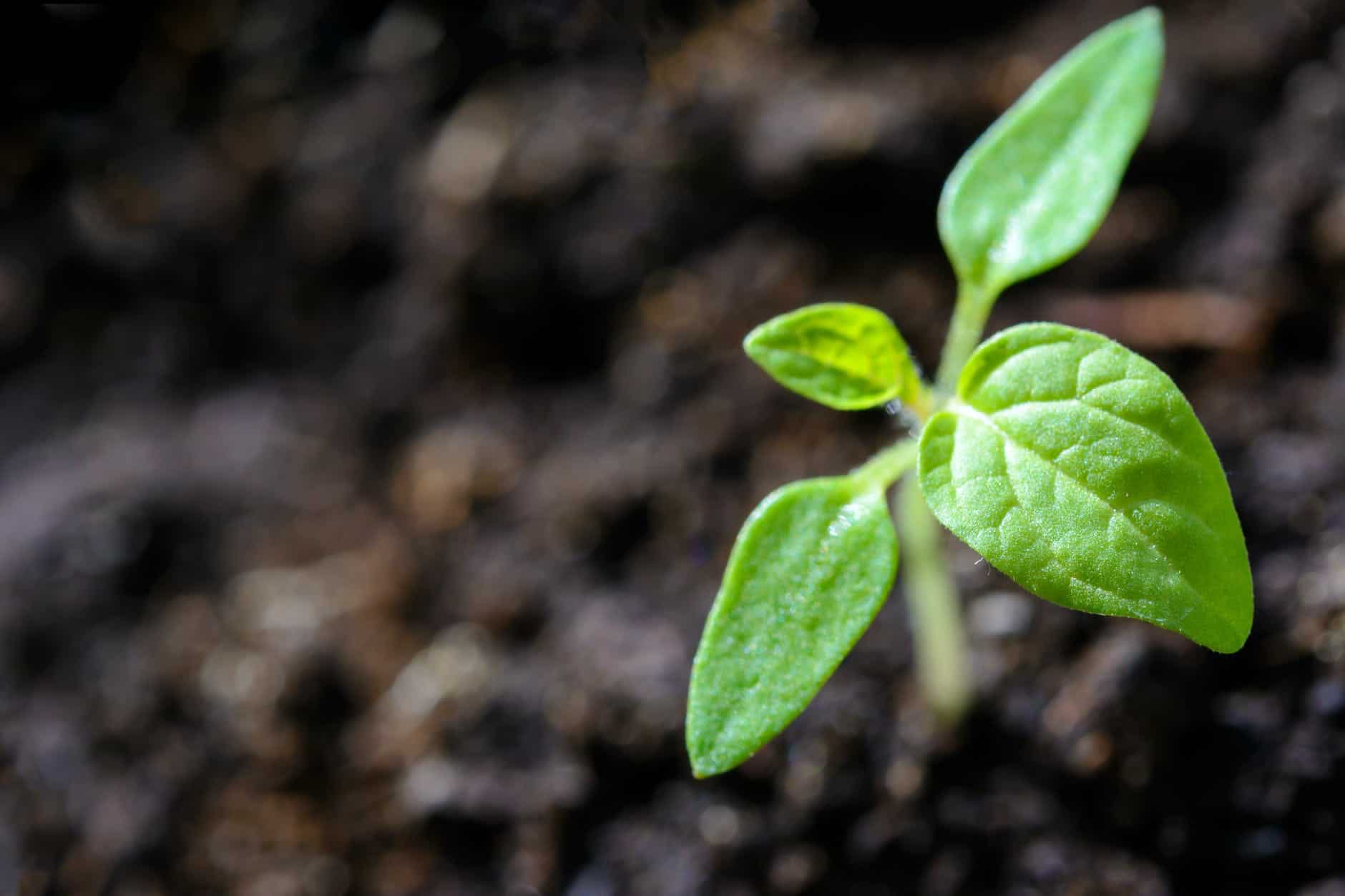
Your safe choice of salad might not, either be free of rogue ingredients. Salmonella can contaminate raw sprouts, including alfalfa, clover, radish, and mung bean sprouts.
For these types of bacteria, the humid environment needed by seeds to begin sprouting is perfect and it is almost impossible to wash them off.
You are advised to avoid raw sprouts altogether for this purpose. However, according to the FDA, sprouts are healthy to eat after they have been cooked.
8. Unwashed produce
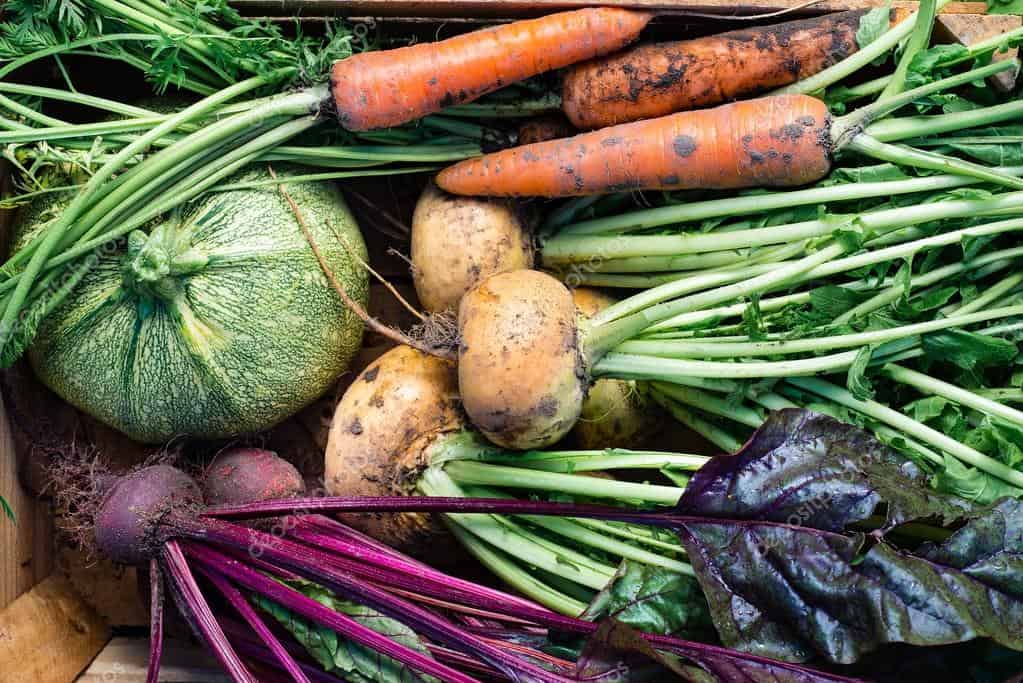
Multiple bacteria and parasites can contaminate the surface of unwashed or unpeeled fruits and vegetables.
Toxoplasma, E., contains these. Coli, Salmonella, and Listeria, which can be transmitted by handling or from the soil.
During manufacture, harvest, refining, storage, transportation, or retail, contamination may occur at any time. Toxoplasma is a deadly parasite that can linger on fruits and vegetables.
There are no signs for most people who get toxoplasmosis, while some can feel like they have the flu for a month or longer.
There are no signs at birth for most infants who are infected with the bacteria (Toxoplasma) while still in the womb. However, Trusted Source can experience symptoms such as blindness or intellectual disabilities later in life.
What’s more, at birth, a small proportion of infected newborns have a significant eye or brain damage.
While pregnant, it’s very important to minimise thehe risk of infection by thoroughly washing fruits and vegetables with water before peeling, or cooking. This is a good habit one can keep up even after the baby arrives.
9. Unpasteurized milk, cheese, and fruit juice
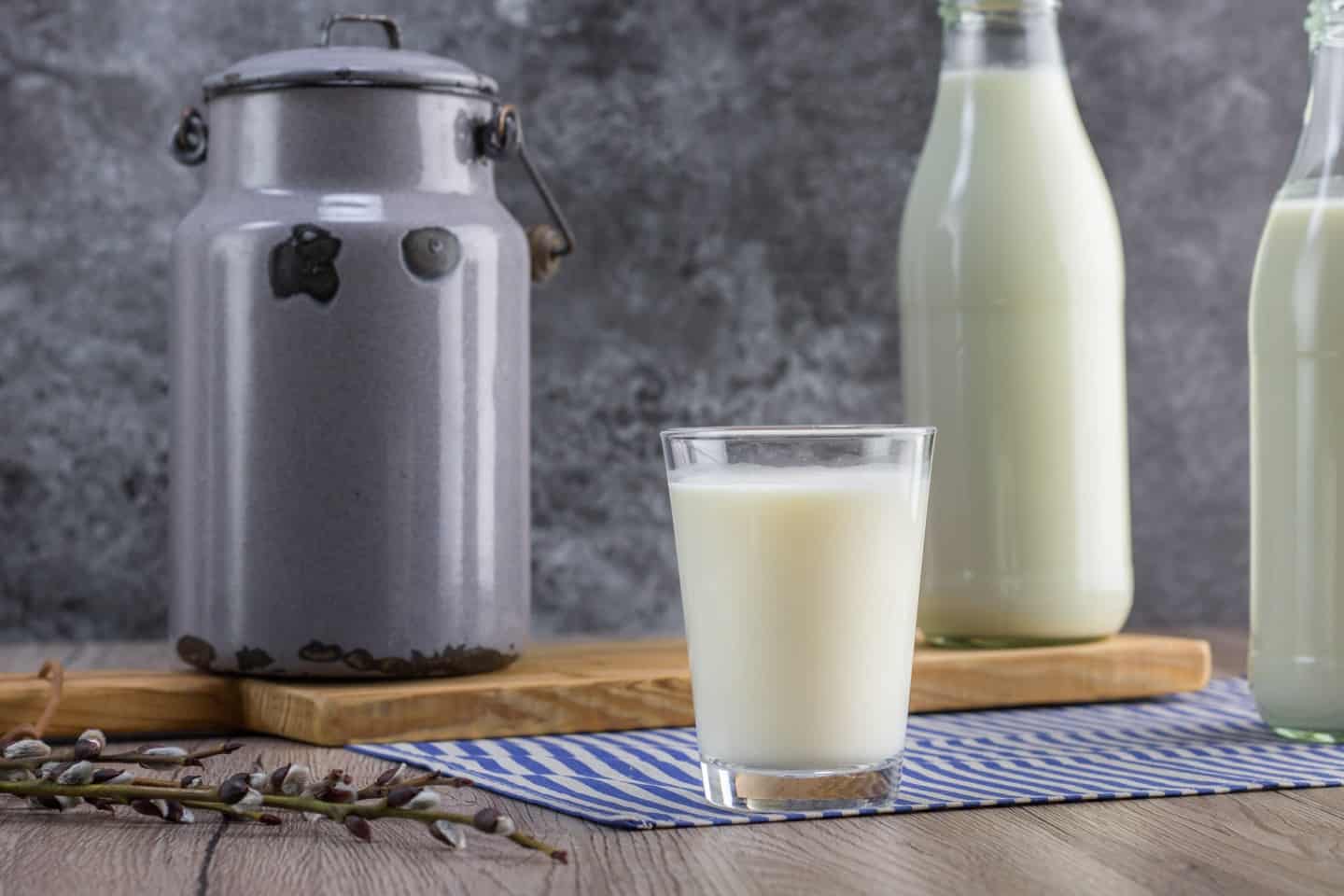
A number of dangerous bacteria, including Listeria, Salmonella, E.coli can be found in raw milk, unpasteurised cheese, and soft-ripened cheeses. Coli, as well as Campylobacter. Both of these diseases may have life-threatening effects for an unborn baby.
Both of these diseases may have life-threatening effects for an unborn baby with Trusted Source. The bacteria can occur naturally or be caused during collection or storage by contamination.
The most successful way to kill any harmful bacteria is pasteurisation, without altering the nutritional value of the products. Eat just pasteurised milk, cheese, and fruit juice, to minimise the risk of infections.
10. Alcohol

When pregnant, it is recommended to fully stop consuming alcohol, as it raises the risk of miscarriage and stillbirth. Even a small amount can adversely affect the brain development of your infant.
Drinking alcohol can also cause fetal alcohol syndrome during pregnancy, which includes facial deformities, heart defects and intellectual impairment.
Since no amount of alcohol during pregnancy has been shown to be healthy, it is advised to avoid it altogether.
11. Processed junk foods
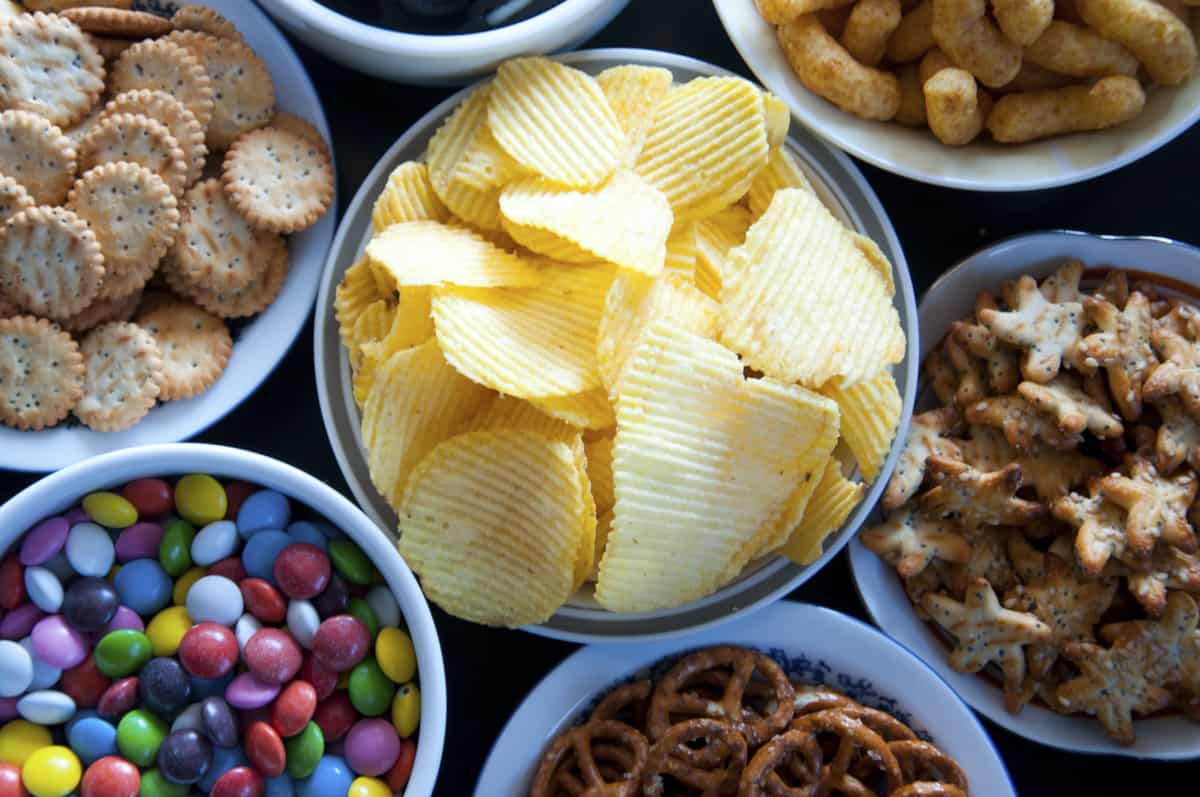
To support both you and your rising little one, there is no better time than pregnancy to start consuming nutrient-dense foods. Many vital nutrients, including protein, folate, choline, and iron, will require increased quantities.
It’s also a misconception that you’re “eating for two.” During the first semester, you should eat as you usually do then increase in your second trimester by about 350 calories per day and in your third trimester by about 450 calories per day.
An ideal pregnancy eating plan should consist predominantly of whole foods, with plenty of nutrients to meet your needs and the needs of the infant. Generally speaking, refined fast food is low in nutrients and high in calories, sugar and added fats.
Although some weight gain is appropriate during pregnancy, several complications and illnesses have been associated with excess weight gain. This include an elevated risk of gestational diabetes as well as complications from pregnancy or birth.
Stick to meals and snacks such as whole grains, beans, and starchy vegetables that concentrate on protein, vegetables and fruits, healthy fats, and fiber-rich carbohydrates. Do not worry, without compromising flavor, there are plenty of ways to sneak vegetables into your meals.
The bottom line
It’s important to avoid foods and drinks that can put you and your baby at risk while you are pregnant.
Although most foods and drinks are perfectly safe to eat, some should be avoided, such as raw fish, unpasteurised milk, alcohol, and high-mercury fish.
Plus, to encourage a healthier pregnancy, certain foods and beverages such as coffee and foods high in added sugar should be reduced.
If you want to know more about what foods you can consume during pregnancy, look at this article: During Pregnancy, Healthy Eating.
Quick tips for foods to avoid when pregnant
- Avoid fish with high levels of mercury, like sharks, swordfish, tuna, and marlin.
- It is possible to contaminate raw fish and shellfish with bacteria and parasites. Some of these can cause adverse effects on your health and damage both you and your child.
- There may be harmful bacteria in raw or undercooked meat. Meat should be cooked all the way through as a general rule.
- Salmonella can contaminate raw eggs, which may put you and your baby at risk. Make sure to cook the eggs thoroughly before feeding.
- An excellent source of iron, vitamin B12, vitamin A and copper is organ meat. Limit the consumption of organ meat to a couple of ounces once a week to avoid eating too much vitamin A.
- Limit your daily intake of caffeine to below 200 mg, which is around 2 to 3 cups of coffee. High consumption of caffeine during pregnancy can restrict the growth of the baby and cause low birth weight.
- There could be raw sprouts infected with bacteria. Eat just the thoroughly cooked ones.
- There may be contamination of fruits and vegetables with harmful bacteria, including Toxoplasma. It’s important to wash all fruits and vegetables thoroughly with plenty of clean water.
- Do not eat milk, cheese, or fruit juice unpasteurised, as these foods raise the risk of bacterial infections.
- Stop all liquor. The risk of abortion, stillbirth, and fetal alcohol syndrome may be increased by consuming alcohol.
- You can increase your risk of excess weight gain, gestational diabetes, and complications by consuming processed foods during pregnancy. For you and your child, this can have long-term health consequences.






